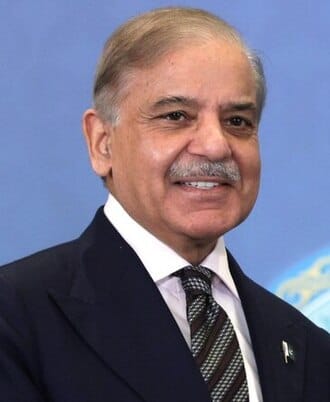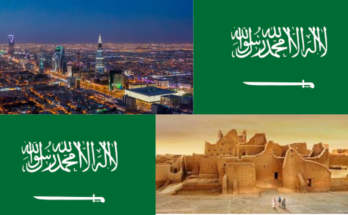Shehbaz Sharif, the younger brother of former Prime Minister Nawaz Sharif, is a prominent political figure in Pakistan and a key leader of the Pakistan Muslim League – Nawaz (PML-N). Known for his administrative skills and hands-on approach to governance, Shehbaz Sharif has earned a reputation as a dynamic and results-oriented leader.

Early Life and Background
Born on September 23, 1951, in Lahore, Shehbaz Sharif comes from a family with a strong political and business background. His father, Muhammad Sharif, was a successful industrialist who laid the foundation for the Sharif family’s business empire. Shehbaz completed his education at Government College University in Lahore before entering the family business.
Entering Politics
Shehbaz Sharif began his political career in the 1980s, following in the footsteps of his elder brother, Nawaz Sharif. His political career gained momentum when he was elected to the Provincial Assembly of Punjab in 1988. In 1990, he was elected to the National Assembly of Pakistan. Over time, he became a key player in the PML-N and was recognized for his strong organizational skills.
Chief Minister of Punjab
Shehbaz Sharif is best known for his multiple tenures as the Chief Minister of Punjab, Pakistan’s most populous and economically significant province. He served as the Chief Minister three times: from 1997 to 1999, 2008 to 2013, and 2013 to 2018. His leadership in Punjab is often lauded for focusing on infrastructure development, health care, and education reform.
During his time as Chief Minister, Shehbaz was known for his hands-on leadership style. He often visited project sites, interacted with government officials, and pushed for timely completion of development projects. Under his leadership, Punjab saw significant improvements in infrastructure, such as the construction of roads, metro bus systems, and power projects. His attention to detail and focus on improving public services earned him praise from supporters and criticism from political rivals.
Development Projects and Reforms
Shehbaz Sharif’s administration was marked by several key development initiatives aimed at improving the quality of life in Punjab. Some of the most notable projects include the Lahore Metro Bus Service, which transformed public transportation in Lahore, and the construction of numerous health care facilities across the province. His government also worked on enhancing educational institutions, including the establishment of new schools and universities.
One of Shehbaz’s key priorities has always been energy reform. During his tenure, Punjab saw a focus on addressing power shortages through initiatives like solar parks and coal power projects. His ability to manage complex projects and deliver tangible results helped him build a reputation as an effective leader in the PML-N.
Challenges and Criticism
While Shehbaz Sharif’s leadership was widely praised, it was not without controversy. His government faced allegations of corruption, nepotism, and mismanagement, particularly regarding some of the large infrastructure projects. His critics argue that the focus on grand projects often came at the expense of more pressing social issues like poverty reduction and job creation.
In addition, Shehbaz has had to navigate the challenges posed by Pakistan’s volatile political landscape. He has faced legal battles, with various corruption cases brought against him, although he has maintained his innocence and claimed these charges are politically motivated.
Leader of the Opposition
After the 2018 general elections, Shehbaz Sharif was elected as the Leader of the Opposition in the National Assembly. He led PML-N through a challenging period, as the party faced increasing pressure from both the ruling Pakistan Tehreek-e-Insaf (PTI) government and legal battles. Despite these challenges, Shehbaz continued to advocate for economic stability, better governance, and accountability.
His leadership within PML-N has been crucial in maintaining the party’s relevance during challenging political times. He has emphasized the need for democratic processes, judicial reform, and better governance, focusing on policy-driven politics rather than populism.
Future Outlook
As the political landscape in Pakistan continues to evolve, Shehbaz Sharif remains a significant player. His pragmatic approach to politics and focus on governance have made him a respected figure within PML-N and beyond. Whether he is able to guide his party back into power in the coming years remains to be seen, but his role in shaping Pakistan’s political and developmental future will undoubtedly be significant.
Conclusion
Shehbaz Sharif’s journey in politics is defined by his commitment to governance, development, and public service. His ability to deliver on large-scale projects has earned him both praise and criticism. As a leader of the PML-N and a key figure in Pakistan’s political scene, Shehbaz continues to shape the future of his party and the country with a focus on progress, accountability, and reform.


